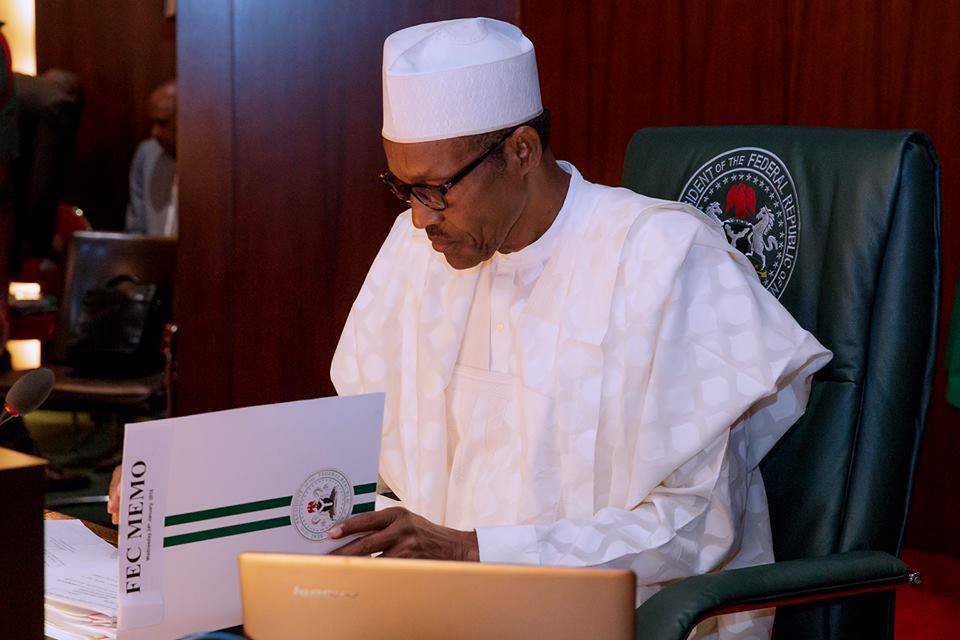The incidence of killings for ritual purposes is on the increase in Nigeria. There seems to be little or no effort by appropriate government agencies to forestall the spike. Every Nigerian should be troubled by reports of recent ritual killings in the country. Judging by the proliferation of churches and mosques littered in all nooks and crannies of the country, one would expect that such cruel and barbaric act would no longer exist in our society. Sadly, while developed countries are focused on advancing in science and technology, some Nigerians are still in the practice of sacrificing humans for financial breakthrough, safety and protection from business failure, illness, accidents and even spiritual attacks. In an attempt to discuss the rising incidence of ritual killings in Nigeria, the following questions must be answered; what is ritual killing? How do ritual killers get their victims? What does the law say about ritual killing? Why the rising incidence of ritual killing? How can we curb this menace? What is ritual killing? When a Nigerian hears about ritual killing, what immediately comes to his mind is rituals done to acquire wealth. This is called ọgwụ ego, ógún owó, tsafin kudi in Igbo, Yoruba and Hausa language respectively. Ritual killing is so prevalent in Nigeria that it has dominated our movie scenes in Nollywood. There is arguably no Nigerian who is not familiar with terms like Yahoo plus, cut soap, kayamata, touch-and-follow, and cultism which are usually associated with ritual killing. The Free Dictionary defines ritual killing as the act of Killing an animal or person in order to propitiate a deity. Ritual killing essentially involves the idea of human sacrifice for spiritual purposes. Ritualists go in search of potential victims at the request of herbalists, who require their body parts for sacrifices or for preparation of various magical portions. Who are the target victims? No one is particularly exempted from the ritualists’ target list. But, some vulnerable members of the society are more susceptible as targets. Such vulnerable members include; children, women, elderly people, people with disabilities as well as family members of ritualists. An academic journal on kidnapping in Nigeria from researchers in Ambrose Alli University in Ekpoma, Edo State, states that traditional targets of ritual kidnapping are “children, lunatics, and the physically challenged.” (Osumah and Aghedo June 2011, 279). Those with hunchback are one of the most endangered persons with disabilities. There have been several rumours alleging the killing of hunchback for ritual purposes. A newspaper reported that “suspected ritualists abduct, murder Kogi hunchback.” (PUNCH 14 Dec. 2020). How do ritual killers get their victim? Ritual killers hide under different covers to get their victims. Most of their activities are cloaked in disguise. For some, they kidnap their victims from various strategic points. Others pretend to be commercial bus drivers, picking up unsuspecting commuters at bus-stop only to take them to their hideout. Other ritualists hypnotize their unsuspecting victims when they try to answer some questions thrown at them by these ritualists. Consequently, the victims lose their consciousness. PUNCH of 16 May 2021 reported a story about an 18-year-old auxiliary nurse, Rachael David, who escaped death at the hands of ritual killers in Rivers State. Reacting to how she was captured, PUNCH wrote that “the teenager had gone to buy something at the junction and was returning home when a motorist signalled to her, asking her for directions to Bitter Leaf Junction. As she was describing the place to the driver, she was hypnotized and lost her senses until she arrived at an unknown destination “. Alleged ritual killer, Uduak Akpan, who confessed to have murdered Late Miss Iniubong Umoren, said he used “reverse psychology” on her. He lured, raped and eventually killed his victim for a phony job offer. What does the law say about ritual killing? According to the Criminal Code (1990) of Nigeria, a person who commits murder will be sentenced to death (Nigeria 1990, Sec. 319(1)). Similarly, a person found in possession of a human head or skull within six months of its removal from a body or skeleton can be sentenced to five years in prison (ibid., Sec. 329A(1)). The Criminal Code also states that any person who; claims to have the power of witchcraft, possesses any human remains which are used or intended to be used in connection with the worship or invocation of any juju, possesses anything which has been prohibited by an order as being or believed to be associated with human sacrifice, is guilty of a misdemeanor and is liable to imprisonment for two years. (ibid., Sec. 210). Some recent incidents of ritual killing? Vanguard of 21 February 2021 reported that a popular prophetess and her accomplice, Felicia Nwafor-(80 years) and Rejoice Raymond-(39 years) respectively, has been arrested in Onitsha, Anambra State, for pounding little kids alive. During Police raid in her building, three children were found with their hands and legs tied. The entire room where she kept the children had blood stains alongside fetish items, including a mortar and multiple pestles, blood-stained canes, concoction and more. This dastardly act assumed a cannibalistic dimension following the gory videos of suspected yahoo boys who were eating live chicken as a native doctor performed ritual on them. The expression on their faces showed that they ate the live chicken with relish probably because of the anticipated benefits obtainable from such barbaric act. In 2017, Lagosians were frightened by Badoo Boys group who reportedly killed over 50 people. According to reports, this group usually hypnotize their victims, making them unconscious of their presence. After which, they would smash the heads of their victims with grinding stones and they will use a handkerchief to clean the blood and brain matter before leaving the scene. During interrogation, Vanguard reported that one of the suspects confirmed that “they sold each handkerchief stained with blood for #500,000”. He further revealed that “they were mere errand boys for the rich




